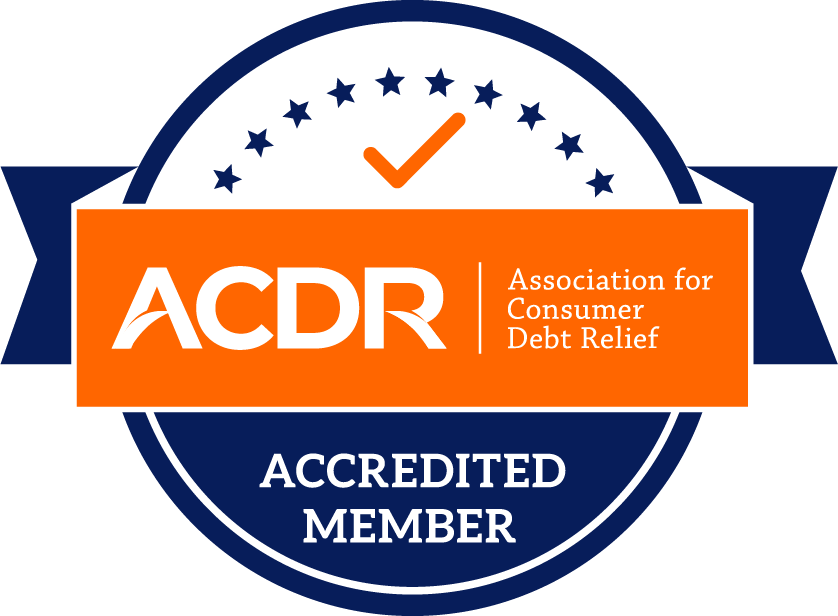Tag Archives: debt delinquency
-

5m read
Read moreWhen faced with sudden stressful situations, people automatically get one of two reflexes — to fight or to flee. While these situations often come in the form of physical emergencies, they also happen when financial stress occurs. If debt gets too high, some people begin to wonder what exactly happens to debt if and when […]
-

3m read
Read moreAmericans are carrying record-high amounts of credit card debt. Combine this with relatively stagnant wages and ever-increasing cost-of-living, and you have a recipe for chronic indebtedness. The average American family carries over $8000 in credit card debt and many are often on the brink of debt delinquency. If you’re struggling with credit card debt and […]



